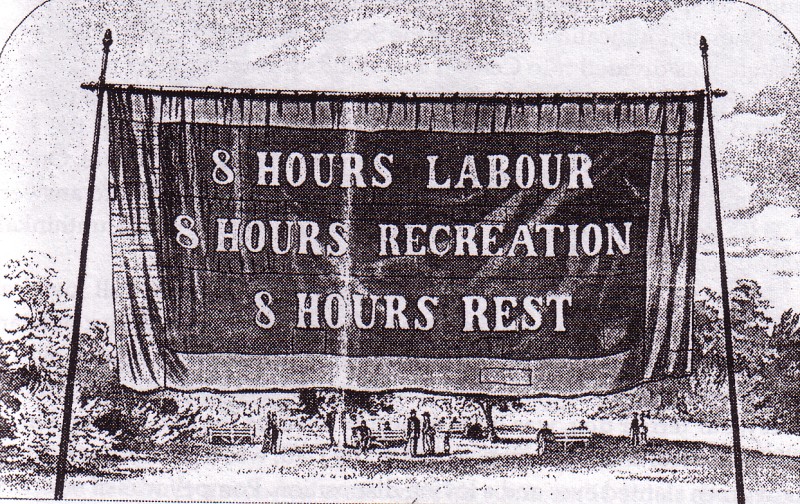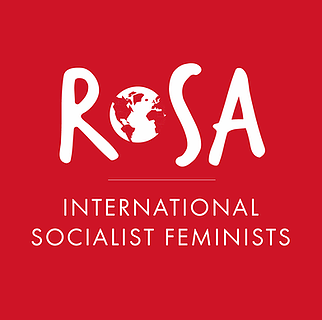Tamil Nadu: DMK attempts to give us the business

In a shameful and undemocratic fashion the government of Tamil Nadu has passed, then almost immediately retracted, a bill granting big business a victory it has fought long and hard for–the power to impose a 12-hour work day. This policy has been part of the BJP’s agenda for many years but the move by DMK comes as somewhat of a surprise to supporters who viewed the party as one of the few major opposition parties to Central’s anti-worker agenda. While the DMK was defeated in this effort by massive popular resistance, it signals an intention to undercut the working class of Tamil Nadu in an attempt to appeal to big business.
When raising Amendment 65(A) to the 1948 Factories Act, Industries Minister Thangam Thennarasu and Labor Minister CV Ganesan explicitly referred to the allure of foreign investment and influence of “representations…from many industries and industry associations [received] by the State government”. This amounts to an open admission by the very officials whose job it is to advocate for workers that they have been successfully lobbied by private interests. Ganesan was so bold as to reassure the public that “factories seeking exemption should obtain the employees’ consent to extend the working hours and this should not affect the employees’ wellbeing”. This half-hearted excuse would not pass the scrutiny of a ten-year-old child. If the government itself is a frequent violator of democratic rights, how much less can we expect private corporations and foreign manufacturers, whose expressed loyalty is only to their bottom line, to respect those same rights? This so-called consent of the workers is nothing more than an invitation to factory owners to use selective layoffs, misinformation, and intimidation to force the door open.
The truth of the reality is this: for-profit corporations and other private actors offer huge amounts of cash on all sides to political parties that will carry out their bidding. The DMK, despite its perception as a progressive party, continues to sell out to big business as they did with the Ford workers in last year’s strike.
The truth of the matter is that this policy is a race to the bottom with several other states in the union lining up to compete for the most pathetic and willing victim to capitalist exploitation. In 2020 the central government attempted to change the OSH code to allow for a 12 hour workday nationwide. Rajasthan, Gujarat, Punjab, and Himachal Pradesh followed through in spring 2020. Karnataka passed its own 12 hour workday in February, where the first major investor to step in to the region was Foxconn, the Apple manufacturing partner infamous for the suicide nets installed outside their factory windows. Surely not only textiles, electronics and software, but also the crematory industry will be singing the praises of CM Stalin very soon.
The Stalinist parties of CPI and CPI(M) have rightly raised an objection and staged a walkout, but to what end? While center-left parties like DMK, TMC and Congress actively collaborate with big business to undermine working-class power, the so-called communist parties are also guilty of this same opportunism, as with the Adani port in Thiruvananthapuram, and the infamous TATA Nano plant in Singur. These organizations vacillate between being allies and guides to the working class and using us simply as voter banks. The Indian working class is trapped in a viper pit of right wing bigots, center-left compradors, and pseudo-left opportunists. What we need is to create a movement that will educate, inspire, and organize the working class to actively fight for power. Workers must continue to fight against the encroachments by center-left opportunism and big business.
The capitalists say that it is necessary to have a 12-hour work day to maintain competitiveness, yet such a claim is obviously nonsensical. In India’s dire economy, there is no lack of available workers to take up a relief shift. In truth, they are saving paises by turning their factories into sweatshops. The real motivation behind this change is to employ as few people as possible to do the maximum amount of work while subjecting them to wage theft, unsafe working conditions, and egregious safety violations. Companies like Foxconn are desperate to maintain their grip over factories which run like redlining engines, always at the brink of collapse or social explosion. In 2012, 150 workers threatened mass suicide at the Foxconn plant in Wuhan. Is this the kind of business the DMK wants to attract?
It is a clear fact that this kind of exploitation is unavoidable in a capitalist world. Capitalism needs to infinitely expand despite the finite resources of our planet. After the imperialists exhaust the resources of their own country, they turn to new markets outside their borders, yet find that while increasing their scale of production, they also decrease the rate of profit. As we can see now, international markets are flooded with inferior consumer products which are designed to break in order to be bought again, made by workers who can’t afford to buy the products they make, and on whom the screws are constantly being turned in order to try and save the decreasing profitability of this doomed enterprise. The absurdity of this system is demonstrated in the fact that it is more profitable to build iPhones in India and send them to the United States while cheaper models are made in China and then sold in India rather than just maximizing domestic consumption.
There is another way. A planned economy directed by the workers and the communities they work in can deliver consumer goods to the actual communities they service. We can build factories with robust safety features, in which workers can work 6-hour shifts, 5 days per week and still make a living wage. We can build our industries around sensitivity to and respect for the natural environment and the local and indigenous people who are in today’s world so often overlooked and exploited. Creating this future is not only possible, but completely necessary and it must start in our own neighborhoods and workplaces. Join us in denouncing egregious violations of workers’ rights and demanding fair working conditions! No to the 12 hour workday! No to Foxconn’s sweatshop labor! Yes to worker power!





